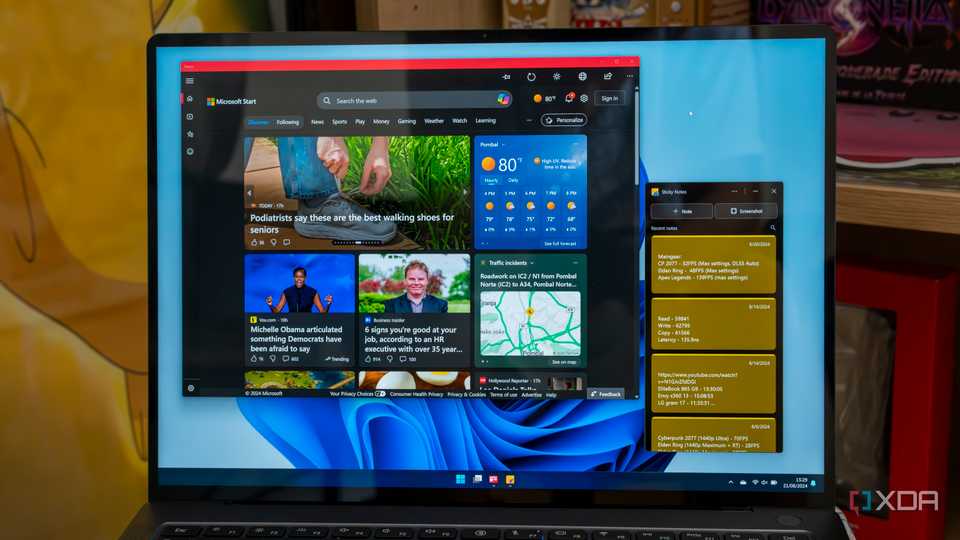
Acquiring a freelance license in the UAE is a straightforward process that allows you to legally operate as a freelancer across various sectors. The UAE government has streamlined the procedure, making it accessible for residents and even non-residents to obtain a freelance license. Below is a step-by-step guide on how to get a freelance license in the UAE.
1. Understand the Freelance License
A freelance license permits you to operate as a sole practitioner in your area of expertise without the need for a local sponsor or full-fledged business setup. It is ideal for professionals in fields such as media, technology, education, design, and consulting. The license typically allows you to work in your specific profession legally, either for local clients or remotely for international clients.
2. Choose the Right Jurisdiction
The UAE has several free zones offering freelance licenses, each with different requirements, fees, and benefits. The most popular jurisdictions for obtaining a freelance license include:
- Dubai Media City (DMC)
- Dubai Internet City (DIC)
- Dubai Knowledge Park (DKP)
- Abu Dhabi’s twofour54
- Fujairah Creative City
- Sharjah Media City (Shams)
- Ras Al Khaimah Economic Zone (RAKEZ)
Each of these free zones specializes in different industries. For instance, Dubai Media City is suitable for media professionals, while RAKEZ offers more general freelance licenses for a broader range of professions.
3. Determine the Activity and Category
Your choice of activity and category will depend on your profession. For example, if you are a graphic designer, you would apply under a creative or media category. If you are an IT consultant, you would fall under a technology or consultancy category. Each free zone provides a list of permitted activities, so it’s essential to select the one that aligns with your profession.
4. Prepare the Required Documents
The documentation required may vary slightly depending on the free zone, but generally, you will need:
- Copy of your passport (valid for at least six months)
- Copy of your visa (for UAE residents) or tourist visa (if applying from outside the UAE)
- Passport-sized photographs
- Proof of academic qualifications (if required for your profession)
- Portfolio or CV showcasing your work experience and skills
- No Objection Certificate (NOC) from your current employer if you are already employed in the UAE
Ensure all documents are up to date and meet the requirements of the specific free zone you are applying to.
5. Submit the Application
Once you have gathered the necessary documents, you can submit your application online or in person at the relevant free zone’s authority. Most free zones have streamlined the process, and some even offer fully online application portals. You’ll need to fill out the application form, specifying your chosen activity, and attach the required documents.

6. Pay the Fees
The cost of a freelance license varies depending on the free zone and the type of license you are applying for. Fees can range from AED 7,500 to AED 20,000 per year, depending on the jurisdiction and the services included (such as visa, office space, etc.). The payment can typically be made online or through bank transfer.
Here’s a rough estimate of the costs:
- Freelance permit/license: AED 7,500 to AED 20,000 annually
- Visa application (if applicable): AED 3,000 to AED 5,000 annually
- Medical insurance: AED 1,000 to AED 2,500 annually
Some free zones offer bundled packages that include visa costs, access to co-working spaces, and other services, so it’s worth exploring the options.
7. Receive Your Freelance License
After submitting your application and paying the fees, the free zone authority will review your application. This process usually takes 5 to 10 working days, but it can be quicker in some free zones. Once approved, you will receive your freelance license, allowing you to legally operate as a freelancer in the UAE.
8. Apply for a Residency Visa (Optional)
If you are not a UAE resident or your current visa status doesn’t allow you to work as a freelancer, you can apply for a residency visa through the free zone. This visa is usually linked to your freelance license and is valid for three years. The process involves:
- Medical fitness test
- Emirates ID application
- Visa stamping in your passport
Some free zones offer visa processing as part of the freelance package, while others may require you to handle this separately.
9. Open a Bank Account
Once you have your freelance license and, if applicable, your residency visa, you can open a bank account in the UAE. This step is crucial for managing your finances, receiving payments from clients, and handling business expenses. Most banks in the UAE have tailored accounts for freelancers, so shop around for the best option.
10. Start Operating as a Freelancer
With your freelance license, residency visa (if required), and bank account in place, you can now legally start offering your services in the UAE. You can take on projects, invoice clients, and expand your portfolio.
Additional Considerations
Renewal
Your freelance license and visa will need to be renewed annually. Make sure to budget for this and keep track of expiration dates to avoid penalties or disruptions to your work.
Taxes
The UAE does not impose income tax on individuals, including freelancers. However, if you exceed the VAT registration threshold of AED 375,000 in annual turnover, you may need to register for VAT and charge it on your services.
Networking
Joining professional networks, attending industry events, and leveraging platforms like LinkedIn can help you build connections, find clients, and grow your freelance business.
Compliance
Ensure that you comply with all the regulations set forth by the free zone and the UAE government. This includes renewing your license on time, adhering to the permitted activities, and maintaining accurate records of your transactions.
Conclusion
Acquiring a freelance license in the UAE is an excellent opportunity for professionals looking to work independently in a vibrant, business-friendly environment. The process is relatively straightforward, especially with the variety of free zones available to choose from, each catering to different industries. By following these steps, you can obtain your freelance license, establish your brand, and start offering your services in the UAE.


